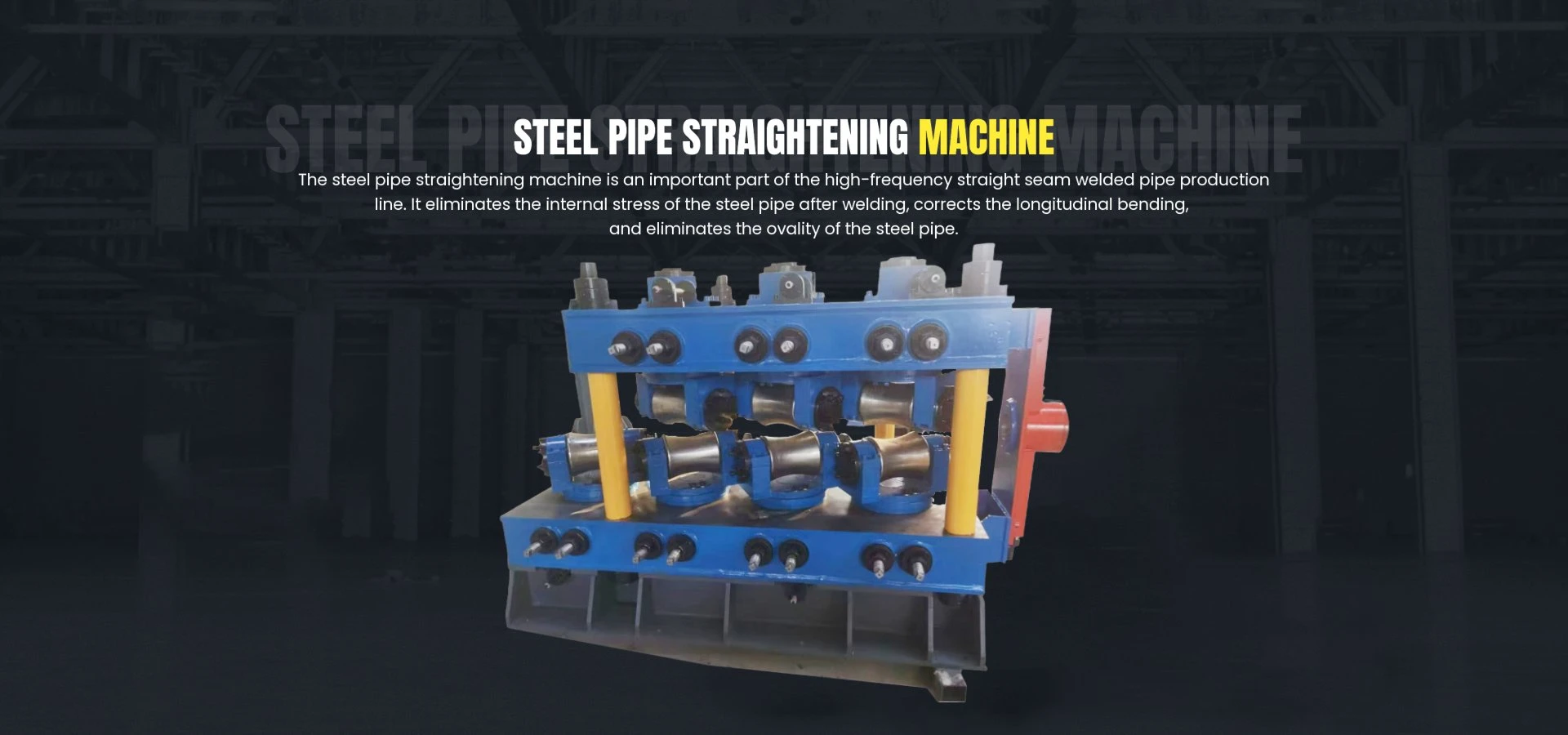cable tray roll forming machine
Understanding Cable Tray Roll Forming Machines
In today's industrial landscape, effective management of electrical cables is paramount. The cable tray roll forming machine has emerged as a critical piece of equipment in the production of cable trays, essential for cable management in various applications, including commercial buildings, industrial sites, and data centers. This article delves into the capabilities of cable tray roll forming machines, their benefits, and their applications in the modern manufacturing sector.
What is a Cable Tray Roll Forming Machine?
A cable tray roll forming machine is specifically designed to create cable trays from metal coil. These trays provide support for electrical wiring in a building or infrastructure. The machine operates through a series of rollers that shape the metal into the desired profile while cutting it to length according to specific requirements. The result is a sturdy, adaptable cable tray system that can support various types of cabling.
The Working Process
The process begins with the feeding of metal coils into the machine. The coils are usually made from materials like galvanized steel, stainless steel, or aluminum, known for their strength and durability. As the coil passes through the rollers, it is continuously shaped into the tray's profile. Advanced roll forming machines can accommodate various designs, including slotted, non-slotted, and ladder-type trays.
Once the metal is formed, it is then cut to the required lengths and may undergo additional finishing processes, such as welding or painting, depending on customer specifications. The automation of this process significantly reduces manual labor, increases efficiency, and ensures high precision in production.
Benefits of Cable Tray Roll Forming Machines
1. Efficiency These machines streamline production, enabling manufacturers to produce high volumes of product in a shorter time frame.
cable tray roll forming machine

2. Cost-Effectiveness By automating the forming process, organizations can reduce labor costs and minimize material wastage, leading to significant savings.
3. Customization Modern cable tray roll forming machines offer flexibility in design. They can produce cable trays in various sizes, shapes, and finishes to meet specific customer needs.
4. Durability The materials used in conjunction with roll forming processes result in cable trays that are not only lightweight but also resistant to corrosion and environmental factors, ensuring longevity.
5. Space-Saving The design of cable trays allows for efficient space utilization within structures, making them an ideal choice for managing large volumes of cables.
Applications in Various Industries
Cable tray roll forming machines are utilized across several sectors. In the construction industry, they provide essential support for electrical systems in commercial buildings, ensuring safety and accessibility for maintenance. In the telecommunications field, they organize cabling for networks and data centers, helping to maintain optimal performance and airflow. Moreover, in the manufacturing sector, they secure cables that connect various machinery, vital for operations.
Conclusion
The cable tray roll forming machine is an exemplary reflection of how modern technology enhances efficiency and quality in manufacturing. With the continual evolution of industrial demands, these machines are poised to adapt, offering innovative solutions for cable management challenges. As businesses continue to expand and the need for organized electrical and network systems grows, the significance of cable tray roll forming machines will undoubtedly increase, solidifying their place in the future of manufacturing. Embracing this technology not only improves productivity but also supports safer and more efficient work environments across diverse industries.
-
High Frequency Straight Seam Welded Pipe Production Line-BzZhou Xinghua Machinery Equipment Manufacturing Co., LTD.|line pipe steel&welded gas pipeNewsJul.30,2025
-
High Frequency Straight Seam Welded Pipe Production Line-BzZhou Xinghua Machinery Equipment Manufacturing Co., LTD.|High Precision&Automated SolutionsNewsJul.30,2025
-
High Frequency Straight Seam Welded Pipe Production Line - BzZhou Xinghua Machinery Equipment Manufacturing Co., Ltd.NewsJul.30,2025
-
High Frequency Straight Seam Welded Pipe Production Line-BzZhou Xinghua Machinery Equipment Manufacturing Co., LTD.|Precision Welding, High EfficiencyNewsJul.30,2025
-
High Frequency Straight Seam Welded Pipe Production Line|BzZhou Xinghua|Precision Welding&EfficiencyNewsJul.30,2025
-
High Frequency Straight Seam Welded Pipe Production Line - BzZhou Xinghua|Precision Engineering&EfficiencyNewsJul.30,2025


